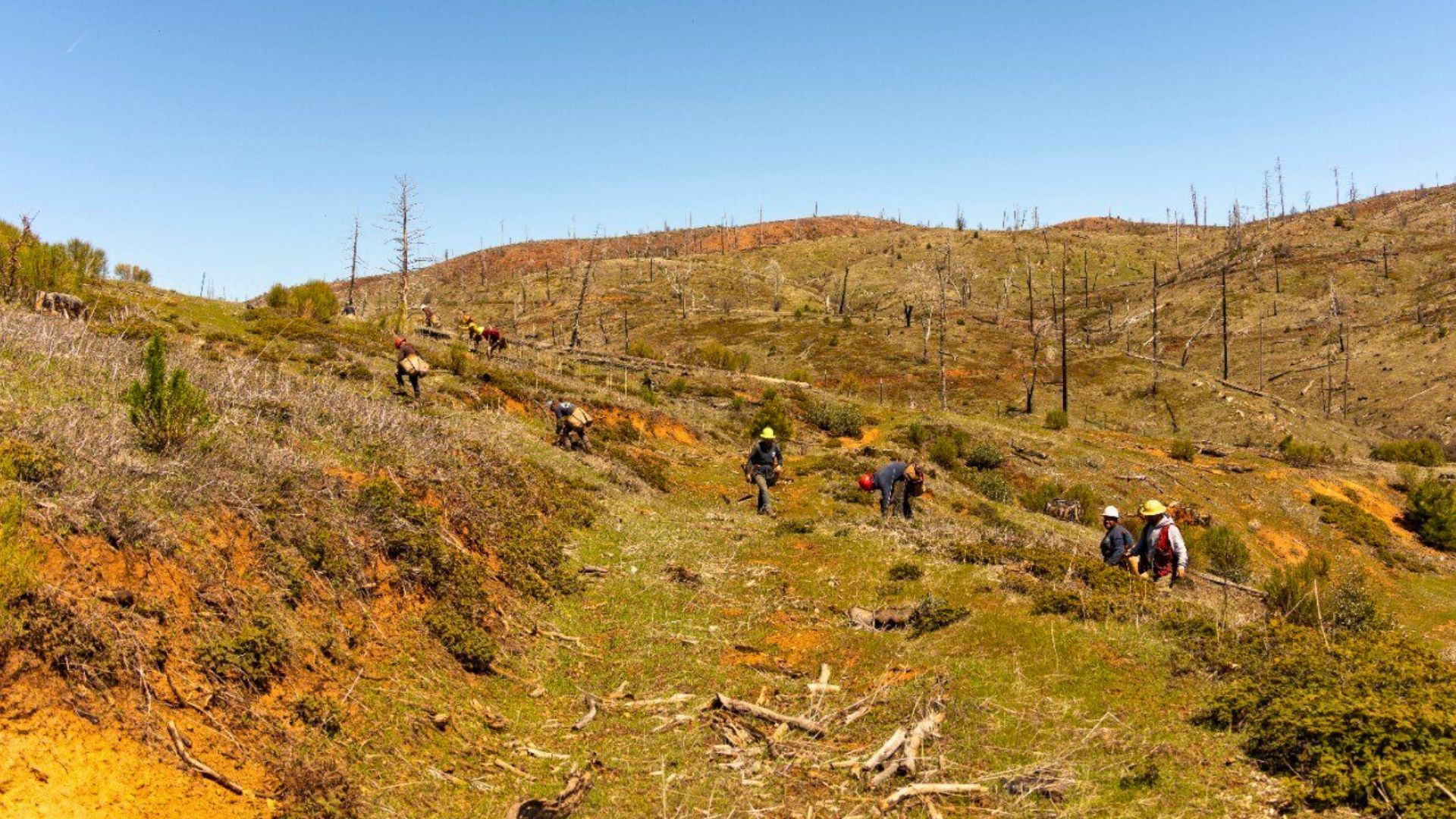A pair of geographers at the University of York and the London School of Economics in the UK are proposing the idea that, due to climate change, the traditional framework of “seasons” needs to be readjusted.
New Seasons Emerging

The “seasons” refer to the pattern of changing daylight hours and temperatures due to the tilt of the Earth. Earth’s poles aren’t perfectly aligned with its orbital pattern around the sun.
Its axis is tilted at a 23.5-degree angle. This means that some parts of Earth will get more heat when they’re tilted toward the sun, and less heat when they’re tilted away.
Researchers in the new study argue that, though this largely remains the same, human-driven climate disruption is changing the annual rhythms so much that the seasons are increasingly becoming disconnected from their traditional definitions. According to IFL Science, the researchers outlined four types of new “seasons” they believe are growing in significance:
– Emergent seasons – entirely new seasonal patterns that didn’t previously exist in a given region.
– Extinct seasons – traditional seasons that have effectively disappeared or become unrecognizable.
– Arrhythmic seasons – disruptions to the expected timing and duration of seasonal cycles.
– Syncopated seasons – irregular fluctuations in the intensity or character of seasons.
As examples of why this type of “conceptual shift” is necessary, the study cites other papers that show that summers are getting hotter, winters are becoming warmer and shorter, and springs are emerging earlier. New seasonal environmental disruptions are also being created or developing more rapidly.
For example, “Wildfire seasons” in California and “hurricane seasons” in the Atlantic and Pacific are lasting longer throughout the year. There’s even been an emergence of “haze season” in Southeast Asia, which is the annual recurrence of severe air pollution triggered by the burning of tropical peatlands. A “trash season” between November and March brings plastic to the shores of Bali, Indonesia.
Rather than scrapping the concept of summer or winter, the new research is encouraging us to adopt a more flexible view of the seasons on a social level. The study is published in the journal Progress in Environmental Geography.







